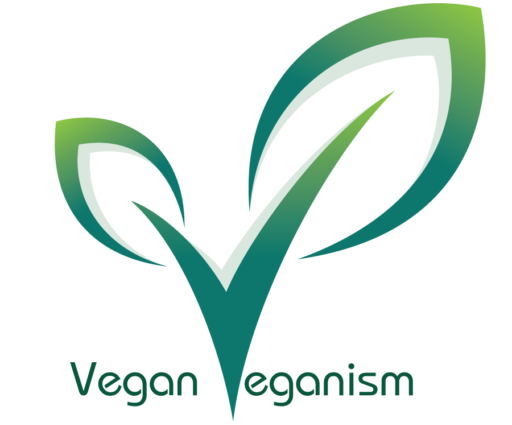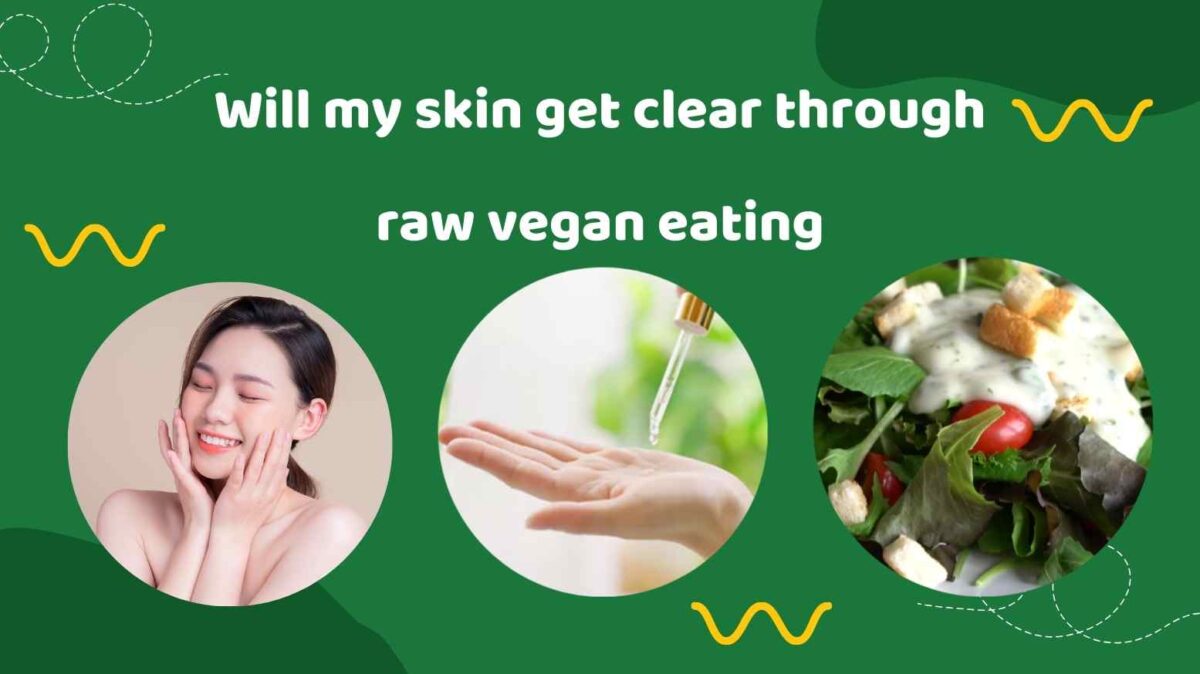Dietary decisions are very important in the never-ending quest for skin that is clear and vibrant. Raw veganism is unique among diet philosophies in that it places a strong focus on whole, unprocessed plant foods. This way of living presents interesting potential for improving skin health in addition to its promises of benefits for general health. The main query that emerges is whether following a raw vegan diet is the secret to getting that desired clear complexion.
Eating a lot of fruits, vegetables, nuts, and seeds raw or with very little processing is the cornerstone of veganism. Proponents contend that this dietary strategy contributes to the best possible health of the skin by both detoxifying the body and flooding it with vital nutrients. But there are factors and difficulties to take into account that go beyond these apparent advantages.
What are the potential benefits of a raw vegan diet for the skin?
Increased Intake of Fruits and Vegetables
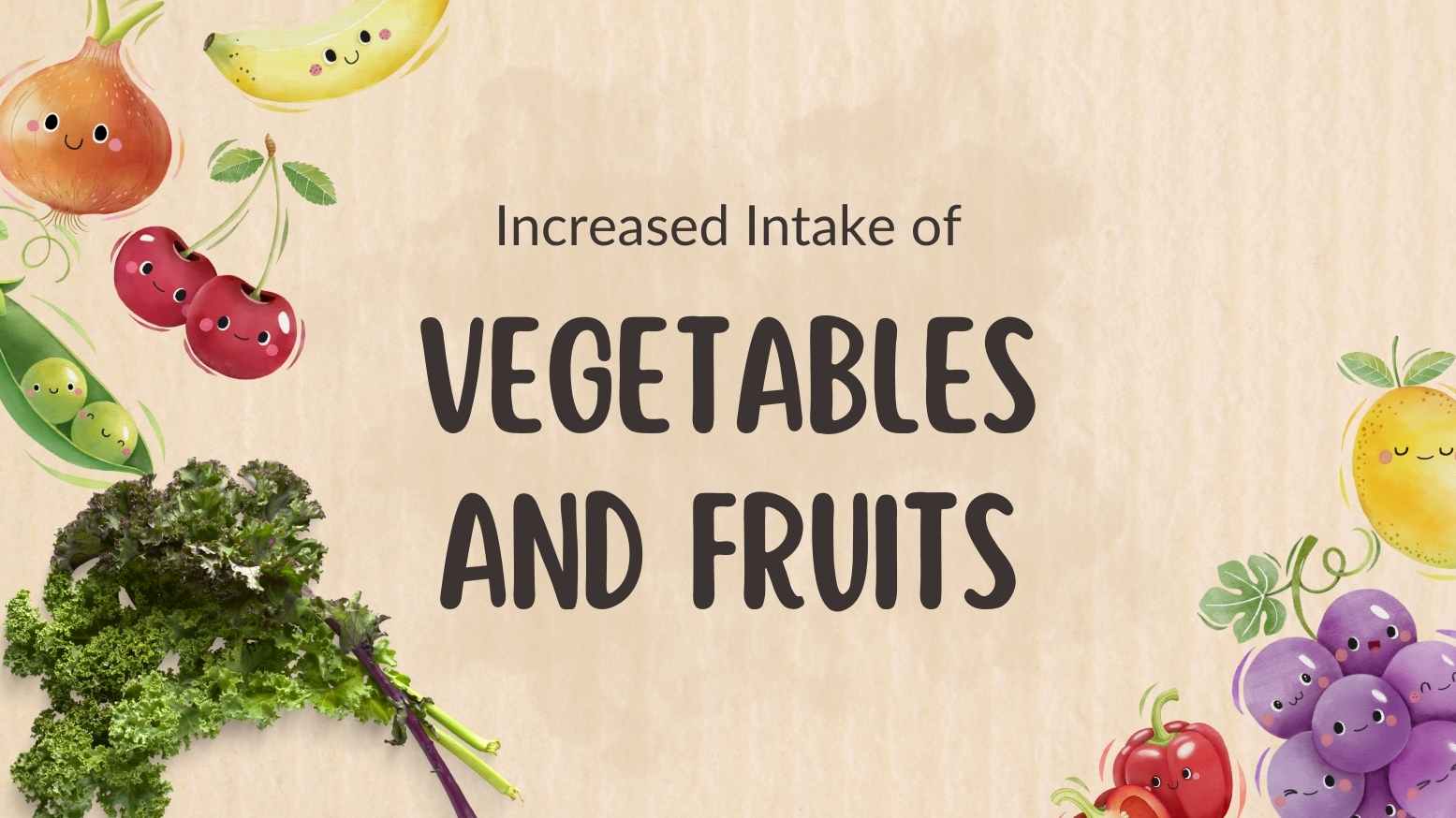
An increased intake of fruits and vegetables is one of the defining characteristics of raw veganism. These nutrient-dense, fiber-rich, and vitamin-rich foods support general health as well as potentially reduce inflammation, which can aggravate skin disorders like acne.
Reduced Processed Foods
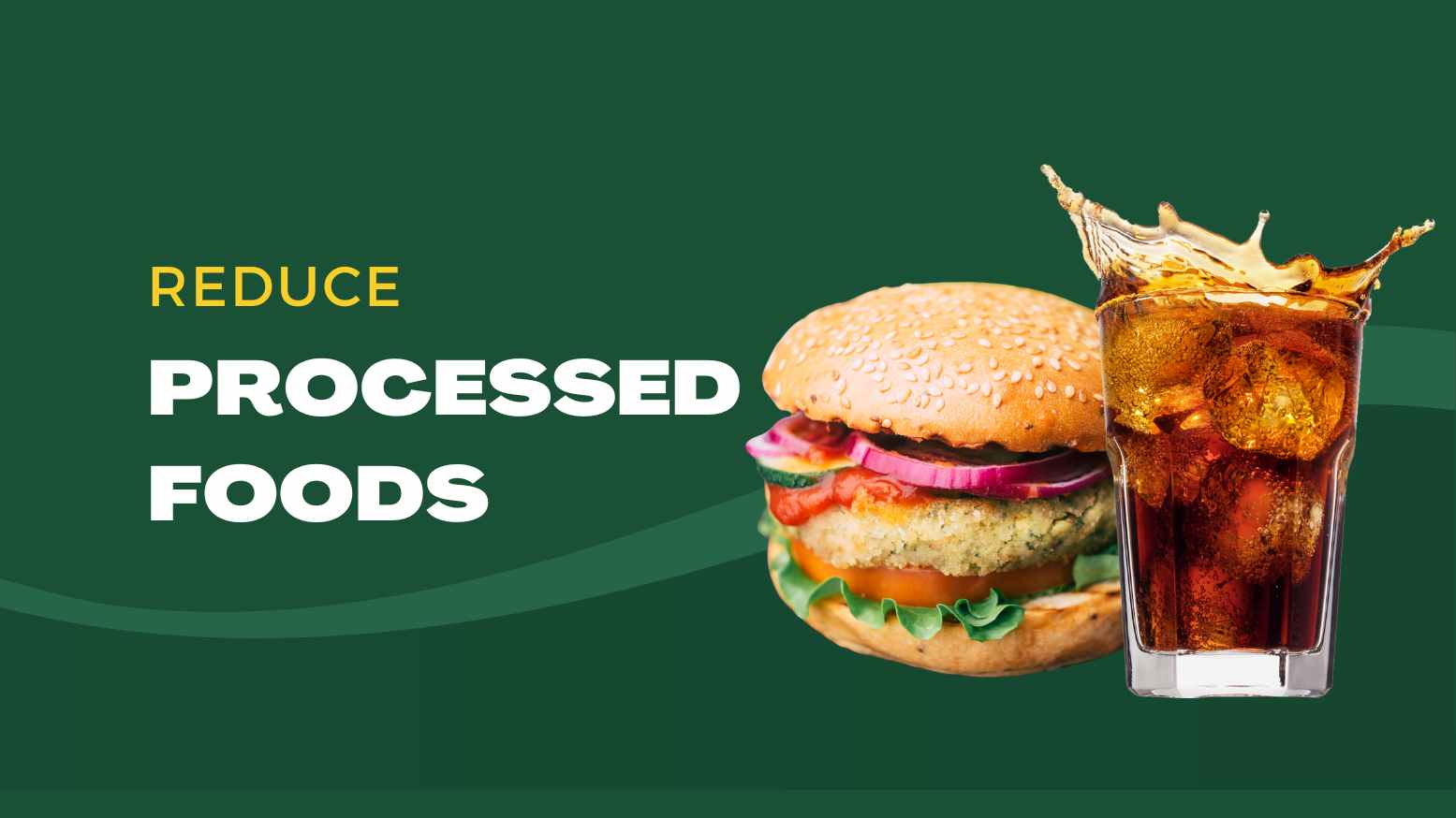
Removing processed foods from a raw vegan diet gets rid of things that can cause skin problems. Processed foods are generally high in carbohydrates, bad fats, and chemicals that cause breakouts and inflammation.
Potential Detoxifying Effects
Some raw vegan advocates think that the diet encourages detoxification, although further study is required to support these claims. In turn, detoxification might benefit the condition of the skin.
How does a raw vegan diet lead to clear skin?
Foods High in Antioxidants
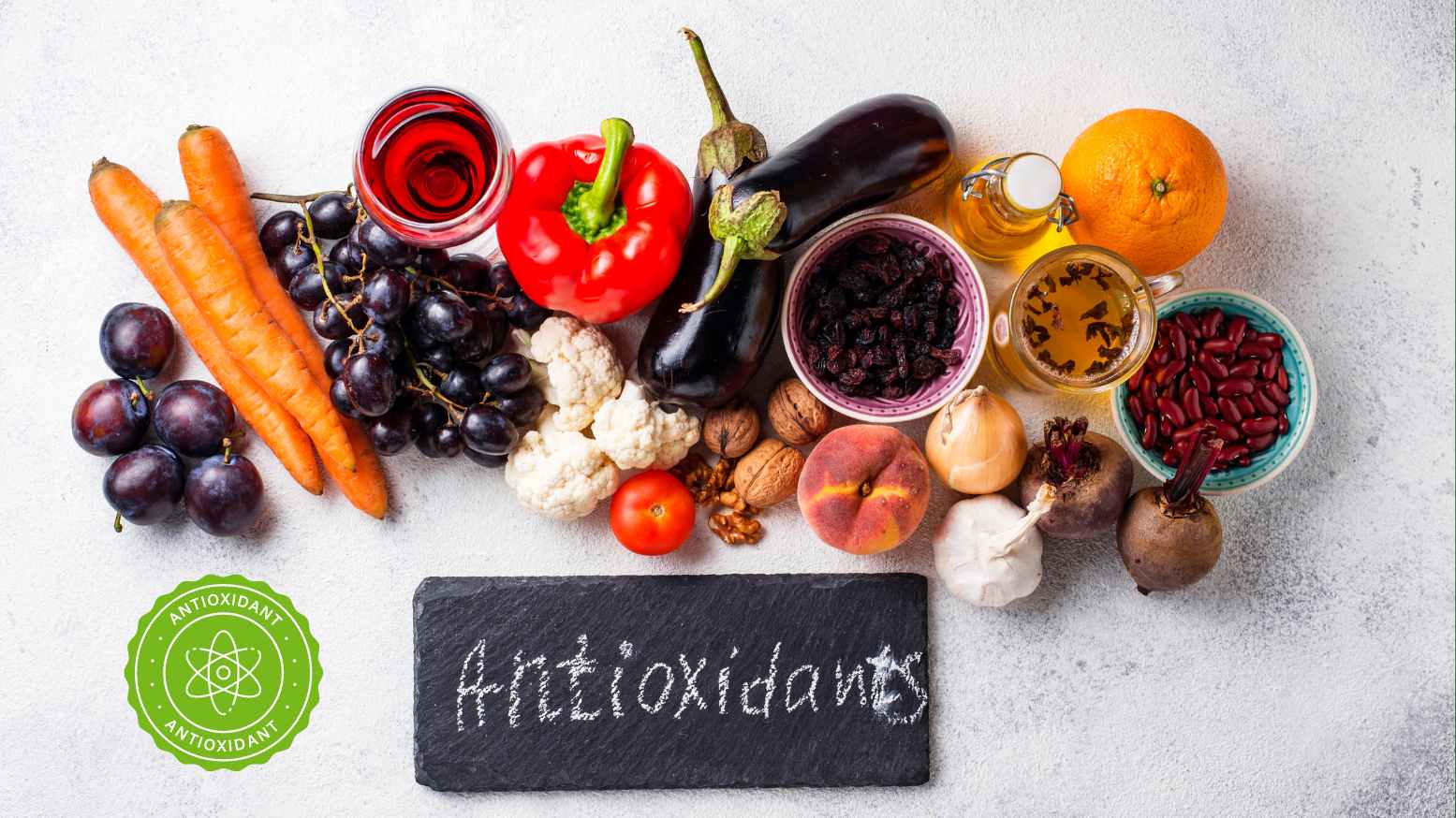
Plant-based diets, which are the focus of veganism, are generally high in antioxidants. Vitamins C and E, found in fruits, vegetables, nuts, and seeds, help prevent oxidative stress. Free radicals are countered by antioxidants, protecting skin cells and maintaining a youthful appearance.
Hydration
A lot of foods made from plants, particularly fruits and vegetables, are high in water content. Sustaining skin suppleness and avoiding dryness requires enough hydration. Hydrated skin has a healthier, plumper appearance.
Foods High in Nutrients: A well-planned vegan diet offers vital nutrients, including vitamins, minerals, and phytochemicals, which are good for the health of your skin. These nutrients support skin renewal, collagen synthesis, and environmental factor defense.
Decreased Inflammatory Foods
Vegan diets frequently cut out inflammatory foods like dairy and red meat, which have been linked to skin conditions like acne. People who stay away from these possible causes may see a decrease in skin irritation.
Omega-3 Fatty Acids
Vegan diets frequently include plant-based sources of omega-3 fatty acids, such as walnuts, chia seeds, and flaxseeds. Because of their anti-inflammatory qualities, omega-3 fatty acids may be able to relieve psoriasis and eczema.
Fiber for Digestive Health
Eating a lot of plant-based fiber promotes healthy digestion. Toxins are eliminated by the aid of a healthy gut, shielding the skin from their damaging effects. Clearer skin could also result from better digestion.
Nutrients That Support Collagen Production

Fruit and vegetable-rich vegan diets offer nutrients including vitamin C, which is necessary for the production of collagen. The structural protein collagen keeps the skin elastic and firm.
Possibility of Weight Management
Eating a vegan diet is frequently linked to controlling weight and keeping a healthy body mass index (BMI). Skin problems can be exacerbated by excess weight, and skin health may be enhanced by keeping a healthy weight.
Decreased Dairy Consumption
Some people have connected dairy products to skin issues. Eliminating dairy from the diet can help improve skin issues, especially acne.
You may also like:
- What is it like to be a raw vegan
- What are the most common excuses non-vegans make for not being vegan
- Does a vegan diet have better effects on your health than one containing meat
Raw veganism is a fascinating chapter in the big story of clearing skin through food choices. The trip is complex due to the subtle considerations and hurdles involved, despite the allure of the possible benefits. A complete lifestyle is necessary to have glowing skin, and it extends beyond a single nutritional strategy.
A balanced diet, seeking advice from medical professionals, and focusing on general well-being all help to create a canvas of clear and healthy skin. Keep in mind that there is no magic cure, but achieving ideal skin health is a worthwhile journey that combines dietary decisions with more comprehensive lifestyle choices.
FAQs
1. Does a raw vegan diet guarantee clear skin?
No, while it offers potential benefits like increased antioxidants and reduced processed foods, individual skin concerns have diverse causes. Genetics, hormones, and lifestyle also play major roles.
2. What are the potential risks of raw veganism for skin health?
Nutrient deficiencies like zinc and omega-3s, crucial for skin health, can occur if the diet isn’t well-planned. Consult a dietitian to ensure you’re meeting your needs.
3. What other dietary factors can improve skin health?
Focus on a balanced diet rich in fruits, vegetables, whole grains, and lean protein, regardless of following a strict raw vegan approach. Adequate hydration is also vital.
4. Are there any drawbacks to the raw vegan diet for skin health?
Social restrictions, meal planning demands, and ensuring nutritional adequacy require significant commitment and can be challenging for some.
5. What other lifestyle factors impact skin health?
Stress management, adequate sleep, and avoiding smoking are crucial for healthy skin. Consult a dermatologist to rule out underlying medical conditions.
6. Should I try a raw vegan diet just for clearer skin?
Consider your overall health and consult a healthcare professional. A holistic approach encompassing personalized advice and addressing potential deficiencies is key.
